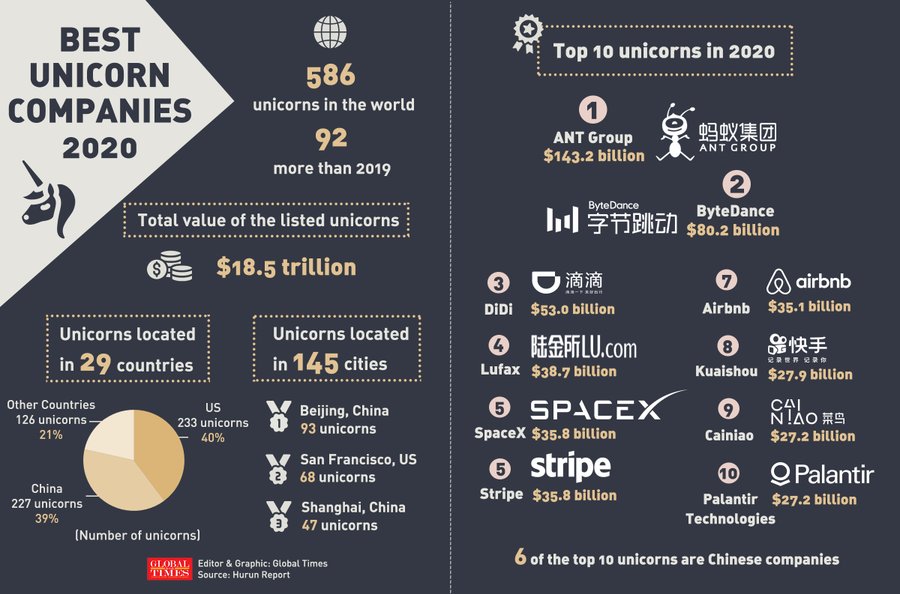The dollar, as the world currency, benefits U.S. financial institutions and big business, but its costs are borne by ordinary people. Therefore, if the dollar hegemony continues, it will inevitably deepen inequality and political polarization in the United States.
The hegemony of the dollar has led to a steady flow of global capital into the United States. Thus, as intermediaries and receivers of capital inflows, U.S. banks are the clear immediate winners. But as the global demand for dollars pushes up the value of the dollar, making U.S. exports more expensive and weakening demand for U.S. goods, domestic manufacturing revenue and jobs are being lost.
The region now known as the “Rust Belt,” is bearing the disproportionate cost. The result, in turn, is deepening socio-economic divisions and increasing political polarization. Manufacturing jobs that were once vital to the economies of these regions have moved overseas, leaving only poverty and resentment in their wake. Therefore, in 2016, these much-battered “swing state” vote for Trump, we need not be surprised by this.
The United States is not the first country to give up currency hegemony voluntarily. Given these increasing economic and political pressures, it will become increasingly difficult for the United States to maintain its position as the preferred destination for the world’s surplus capital while at the same time creating more balanced and equitable growth, as this means the continued overvaluation and constant “de-industrialization” of the currency. At some point, the United States may have no choice but to restrict capital inflows for the benefit of the economy as a whole, even if doing so means voluntarily relinquishing the dollar’s role as the world’s main reserve currency.
Therefore, as an optimistic scenario, the authors propose that the world’s three economic centers – China, the United States and the European Union – agree to construct a currency basket based on the International Monetary Fund’s (IMF) special drawing rights (SDRs), and authorize the IMF to “hegemonize” the dollar. regulate them, or create a new international monetary institution to do so. Unfortunately, tensions between the US and China unfortunately prevent the two sides from not only cooperating on this, but may even increase the likelihood of conflict between them over economic issues.
It makes sense for the United States to unilaterally give up its dollar hegemony. This would limit excessive profits for U.S. financial intermediaries and make U.S. exports more competitive by lowering the value of the dollar, which would also benefit U.S. workers. In sum, relinquishing dollar hegemony could open the way to a more stable and equitable United States and global economy.
Dream on, suckers. United States will never do it unilaterally, the hegemony of the dollar will end with the collapse of the dollar.



